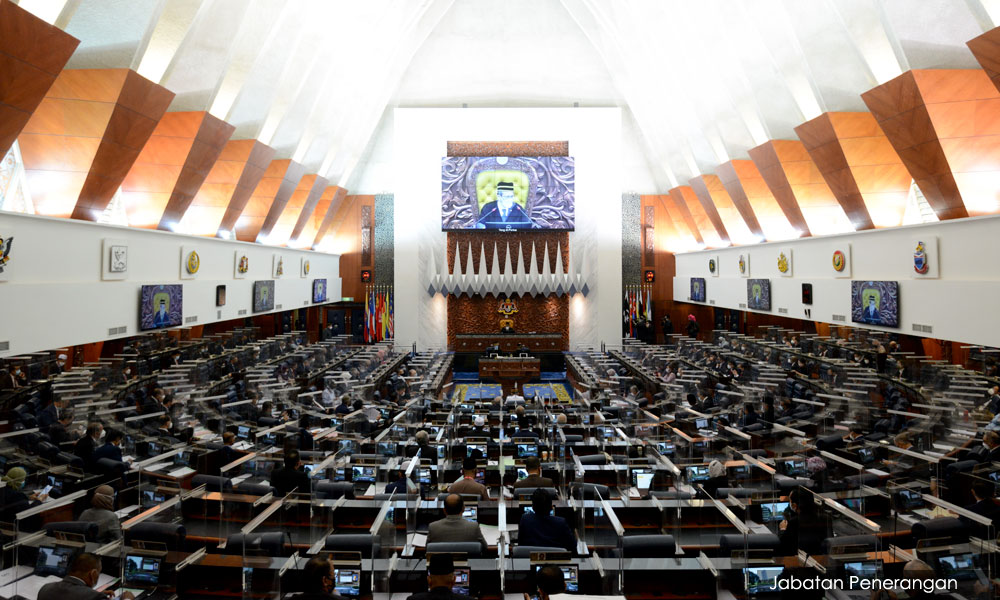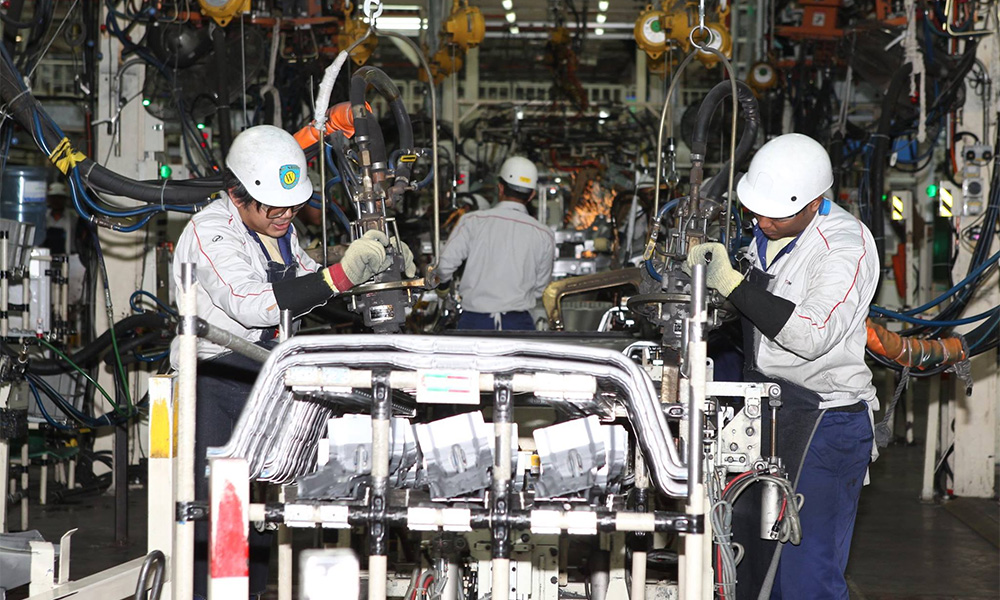LETTER | Trade Union Bill does not bode well for workers
LETTER | Prime Minister Anwar Ibrahim has not had an easy time since he assumed office as head of the nation's administration, having cobbled together an alliance with former adversaries to form the government.
Such is the nature of politics, though the alliance is seeming to be holding firm.
He's also dealing with a deep state, with the civil service having been used to going in one direction, and now the other with an emphasis on good governance and reform.
One of the main concerns of the prime minister has been to shore up the standard of living of the B40 and M40 communities, who have been afflicted by an acute cost of living crisis.
So many factors will need to come together for this to happen in a sustained manner, not least of which is to accord workers and their representatives a genuine space in the overall system of representative democracy.
We need to appreciate that democratic rights are not confined to the casting of votes in general or state elections alone, but the ability and space to participate in the debate of how the country is being governed on a day-to-day basis.

As such, the Trade Union Bill, passed recently by Parliament is a regressive step for workers and their rights to a meaningful representation by a trade union.
I use the term "meaningful" as it is evident that where multiple unions are allowed to form to represent the same class of workers, it will only result in the influence of trade unions being diminished in the long run.
There are some unions who support this, with the calculation being that they can shore up their membership in the short term.
This is nothing but a short-sighted view, as the overall strength of the trade union movement would be curtailed. Workers will have less of a political influence than they already do.
The Human Resources Ministry, having promoted the amendments, clearly wants to work with businesses to control workers' and trade union influence in the country.
This will only result in a further emasculation of the bargaining rights of workers in Malaysia.
The aspiration to close the wealth and income gap will not be realised, and in fact, made worse.

The Human Resources Ministry is selectively using international labour standards as a basis to make such changes to the industrial relations system in the country.
Clearly, international labour standards do not support any laws that weaken the bargaining power of unions, nor do they encourage the state to amend legislation to control unions.
The prime minister should himself step in here, to appreciate that if these amendments were to be instituted, it would set his agenda for the country backwards.
It is not too late for the prime minister to personally intervene and to paraphrase Edmund Burke's view expressed to the electors of Bristol, "the Prime minister owes the people of Malaysia his judgement."
Writer is the international labour adviser for Social Protection Contributors’ Advisory Association Malaysia (SPCAAM).
The views expressed here are those of the author/contributor and do not necessarily represent the views of Malaysiakini.
RM12.50 / month
- Unlimited access to award-winning journalism
- Comment and share your opinions on all our articles
- Gift interesting stories to your friends
- Tax deductable
